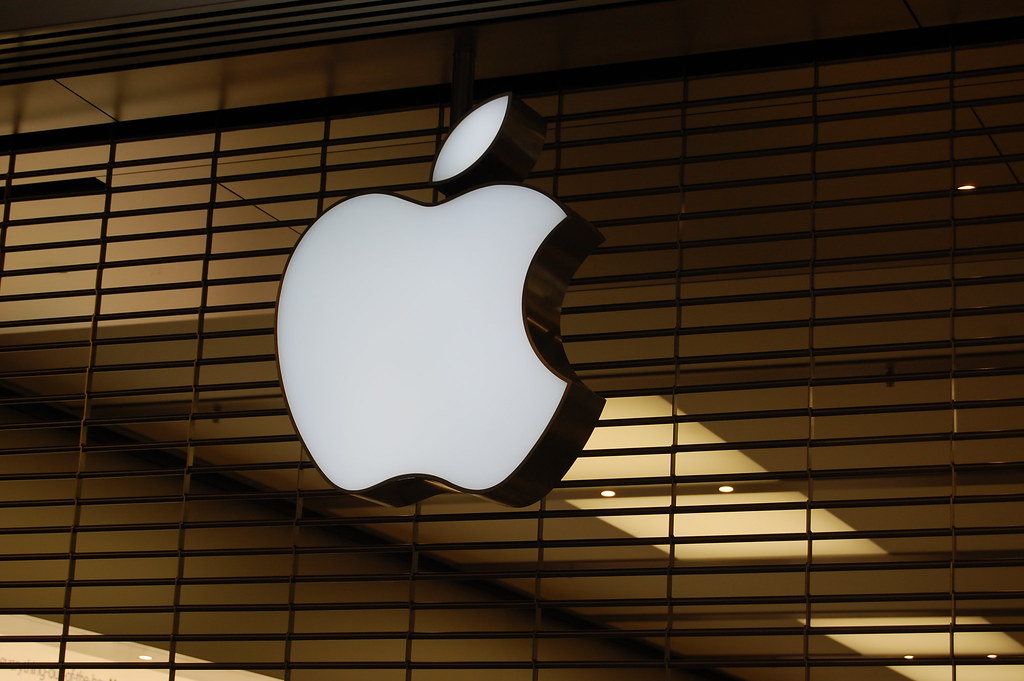 APPS
APPS
 APPS
APPS
 APPS
APPS
Internal Apple Inc. documents released as part of the iPhone maker’s legal battle with video game maker Epic Games Inc. have revealed new details about its App Store policies and user retention strategy.
The documents, The Verge reported today, indicate that Apple had avoided making iMessage available on Android to reduce the chance of users switching to Google LLC’s operating system. It also appears that a senior engineer expressed doubts internally about the effectiveness of the company’s efforts to protect users from malicious iOS apps.
The details were included in “proposed findings of fact” filings Apple and Epic Games submitted this week as part of their court dispute. The legal battle started last year after Fortnite, a popular video game developed by Epic Games, was removed from the App Store because the company allowed users to make in-app purchases without going through Apple’s payment system. The App Store terms of service only permit in-app purchases using Apple’s payment system, a rule Epic argues is anticompetitive.
Epic Games is using the internal Apple documents to support its claims that the iPhone maker’s App Store practices are uncompetitive. One section of the documentation, an email chain from 2016, has drawn particular focus.
In the exchange, employees discuss the fact that Apple doesn’t offer an Android version of its popular iMessage chat app for iOS. One unnamed former Apple employee stated in an email that “the #1 most difficult [reason] to leave the Apple universe app is iMessage … iMessage amounts to serious lock-in.” In a reply, Apple Fellow and former head of marketing Phil Schiller wrote that “moving iMessage to Android will hurt us more than help us, this email illustrates why.”
The correspondence is one element of the broader legal argument by Epic Games that Apple uses unfair tactics to maintain its market position. Those tactics, Epic Game says, are what led to Fortnite’s removal from the App Store.
Apple, for its part, argues that its App Store practices are designed to improve the user experience of its customers. One argument the company brought to support its claim is that, according to research from 2018, iPhones “accounted for just 0.85% of malware infections,” while Android accounted for 47.2%. Apple pointed to the rules it imposes on apps published through the App Store as a key reason behind why its users are affected by malware infections less often.
By way of response, Epic Games has presented another set of internal Apple documents in which a senior engineer casts doubts on the effectiveness of Apple’s approach to keeping malicious apps out of the App Store.
According to the Financial Times, Eric Friedman, the head of the company’s Fraud Engineering Algorithms and Risk group, stated that the iPhone maker was ill-equipped to “deflect sophisticated attackers.” Epic Games reportedly also cited an executive from meditation app Headspace Inc. as having said malicious apps engage in “egregious theft” on the App Store.
Apple told the court that its App Store policies mitigate the type of app fraud Epic Games “has experienced using third-party payment processors in Fortnite.”
The trial for the companies’ legal dispute is scheduled to begin on May 3.
THANK YOU